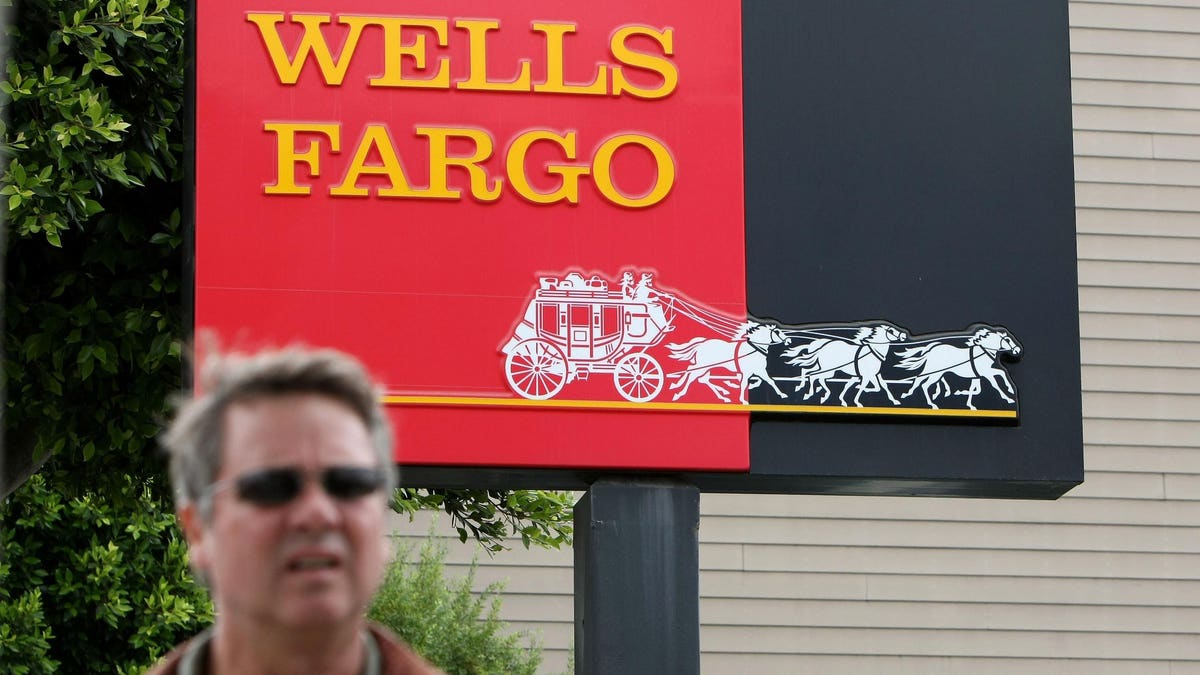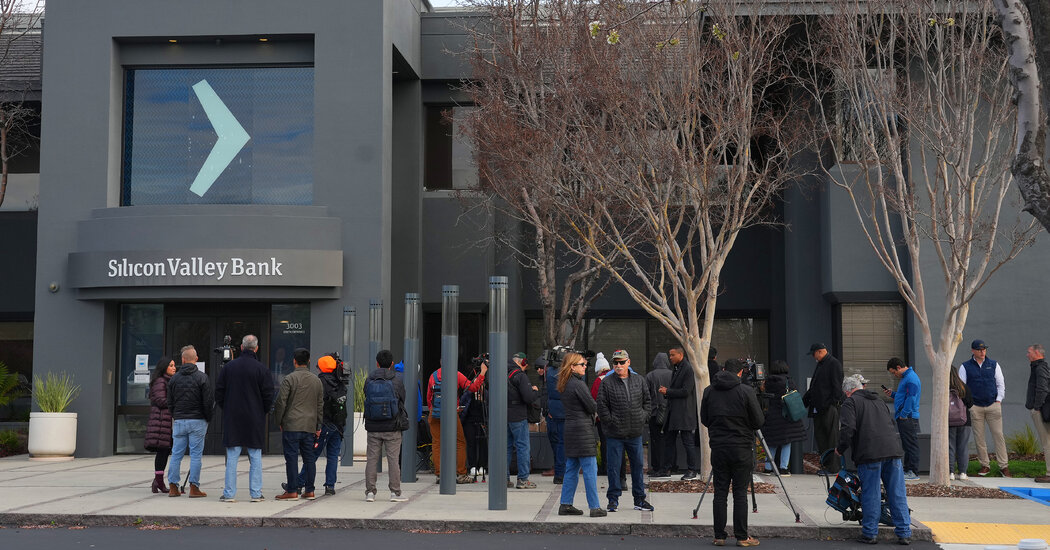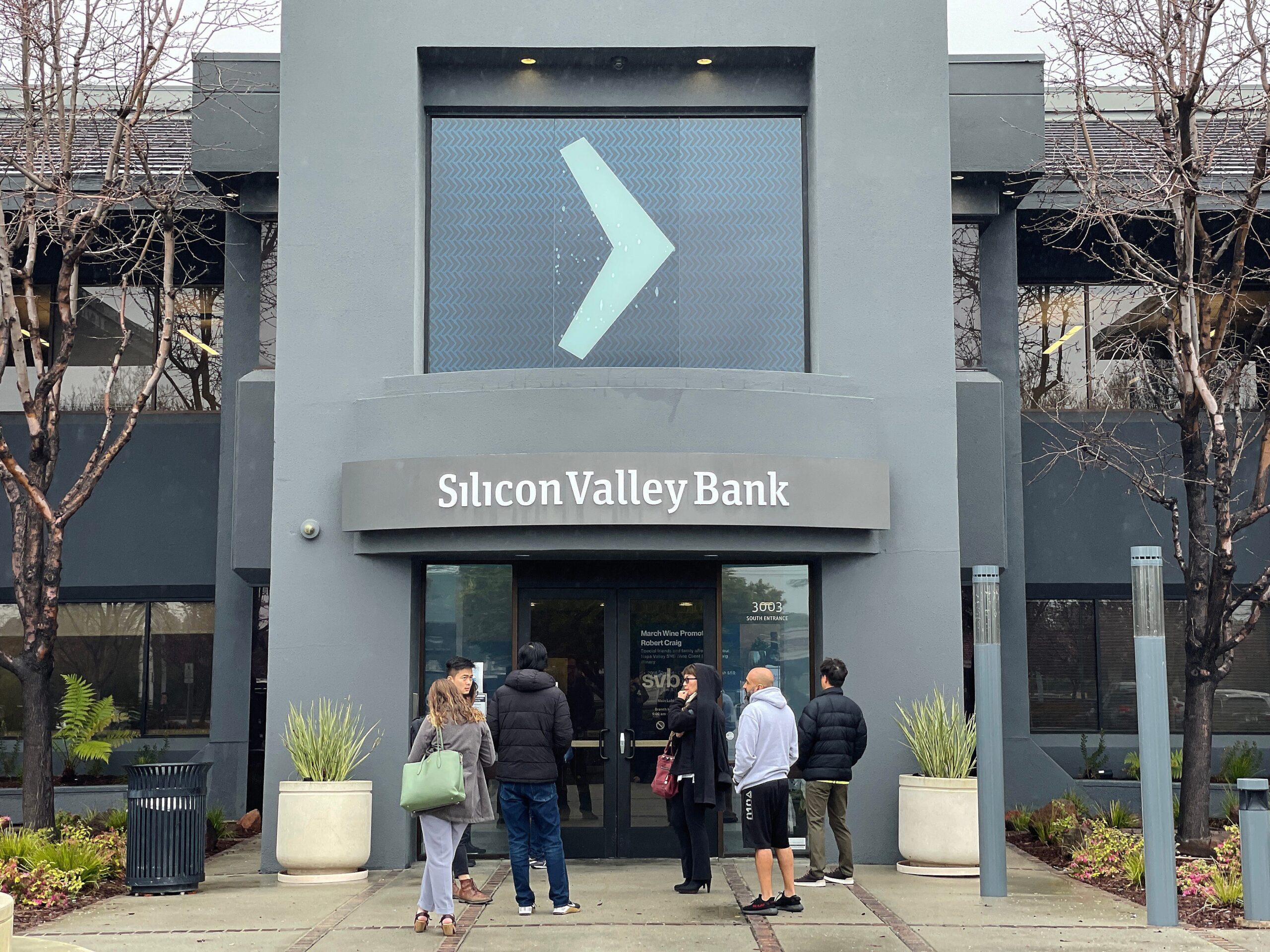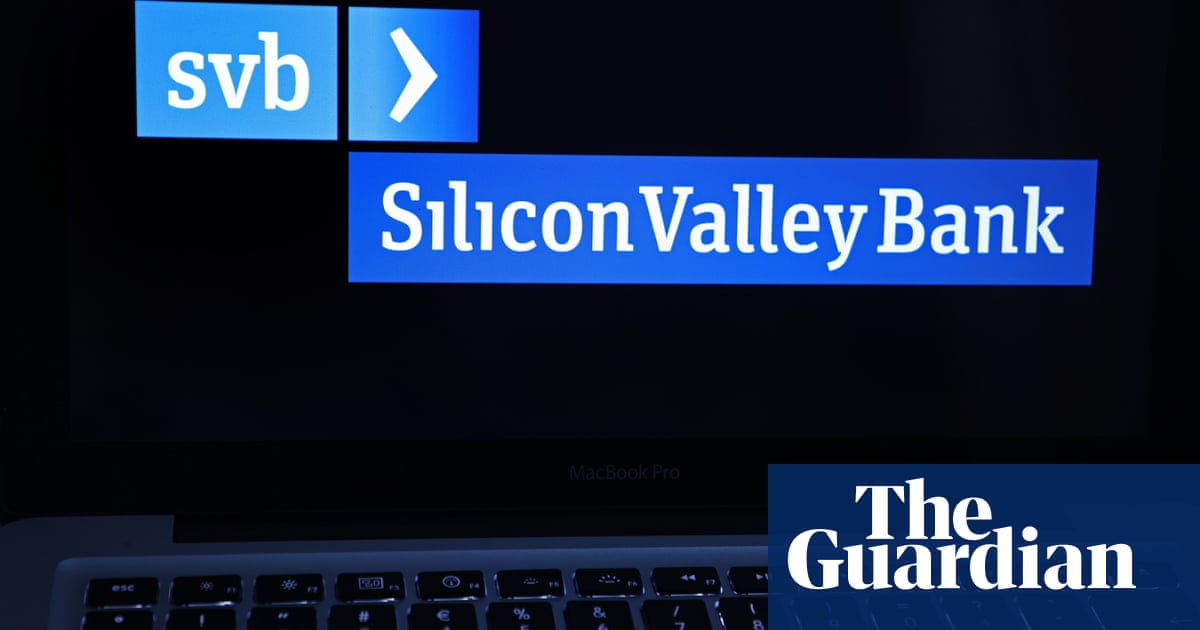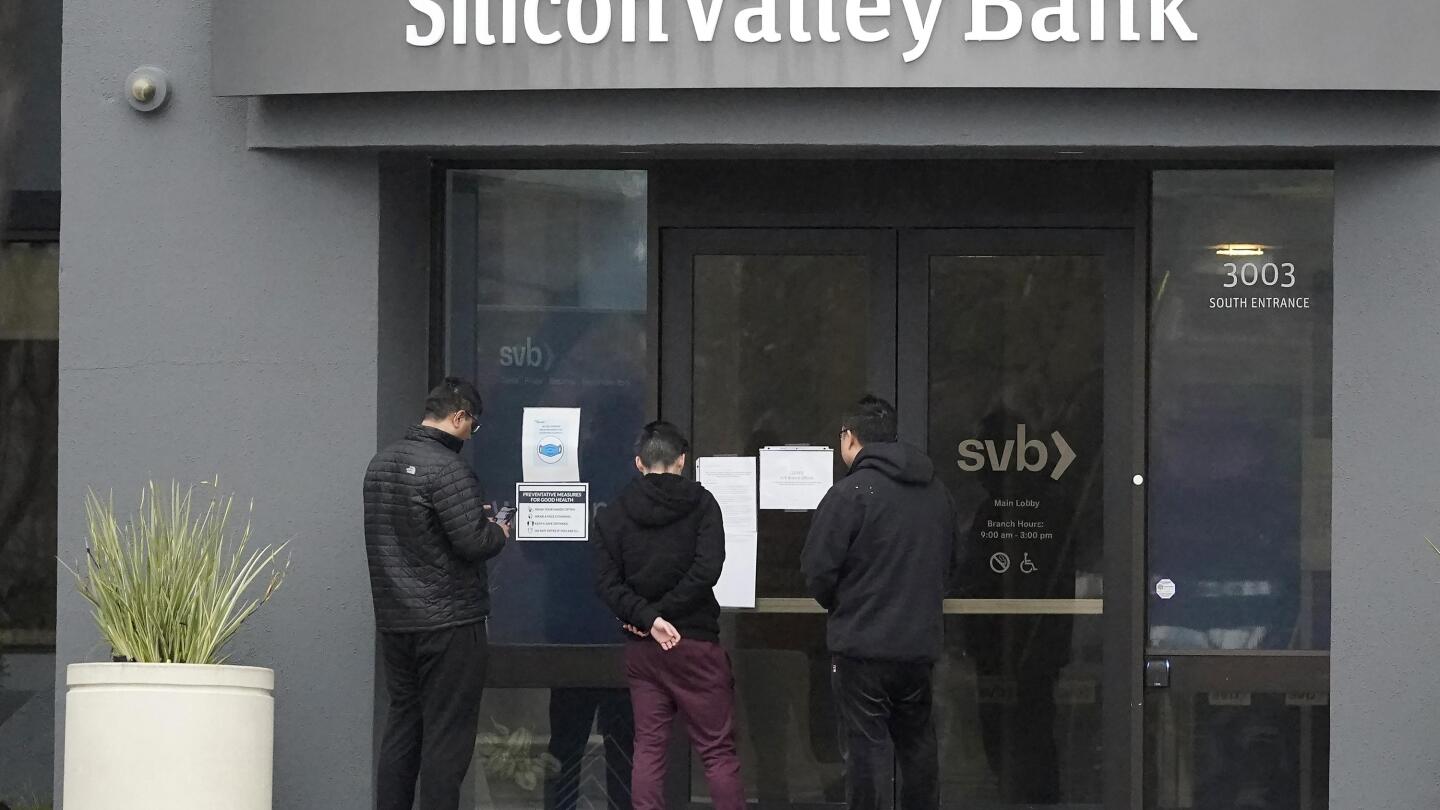The USA's 16th largest bank, a venture capital lender named Silicon Valley Bank, has been shuttered with the FDIC stepping in.
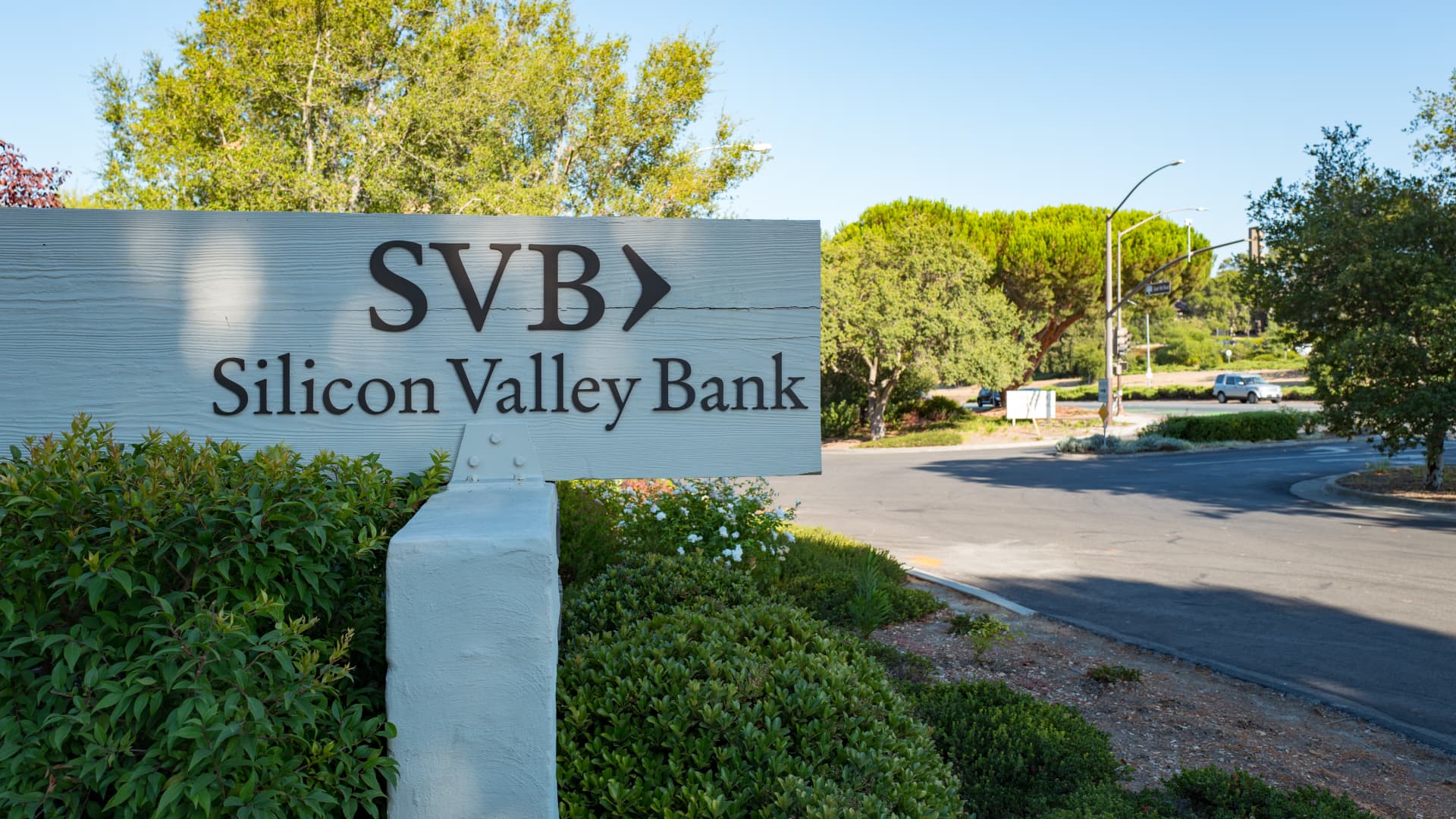
 www.cnbc.com
www.cnbc.com
Apparently they couldn't withstand rising interest rates.
Everyone is holding their breath a bit I think.
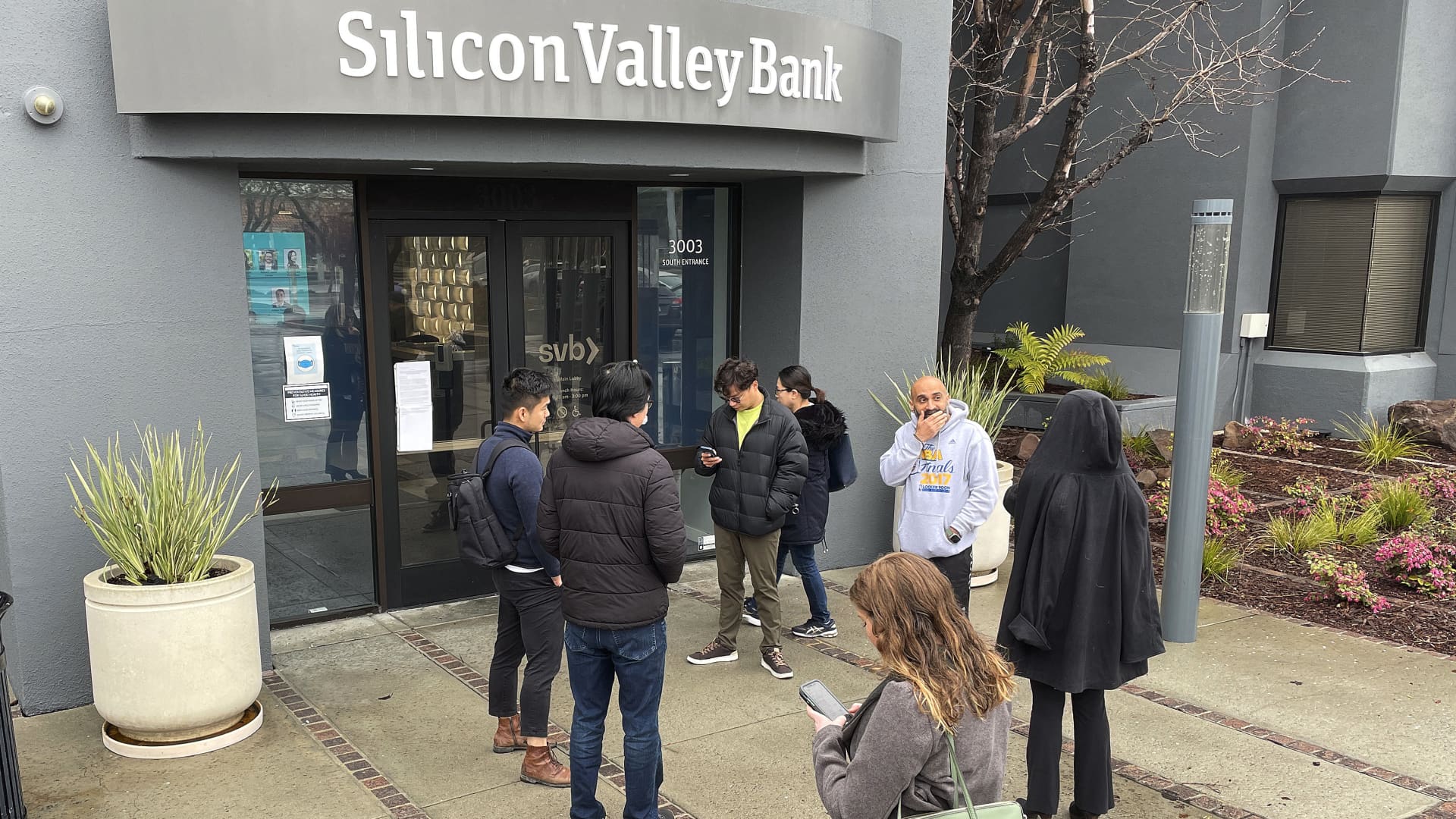
 www.cnbc.com
www.cnbc.com
**Edit**
The much smaller crypto bank Silvergate failed a few days ago too.

Silicon Valley Bank's struggles spell further trouble for beleaguered tech startup market
Silicon Valley Bank's crisis is due to the challenges faced by its clients, though the problems could now get worse.
Apparently they couldn't withstand rising interest rates.
Everyone is holding their breath a bit I think.

Silicon Valley Bank is shut down by regulators in biggest bank failure since global financial crisis
The tech-focused bank was closed by regulators on Friday after attempts to raise more capital failed.
Financial regulators have closed Silicon Valley Bank
and taken control of its deposits, the Federal Deposit Insurance Corp. announced Friday, in what is the largest U.S. bank failure since the Global Financial Crisis more than a decade ago.
The collapse of SVB, a key player in the tech and venture capital community, leaves companies and wealthy individuals largely unsure of what will happen to their money.
**Edit**
The much smaller crypto bank Silvergate failed a few days ago too.
Last edited:

